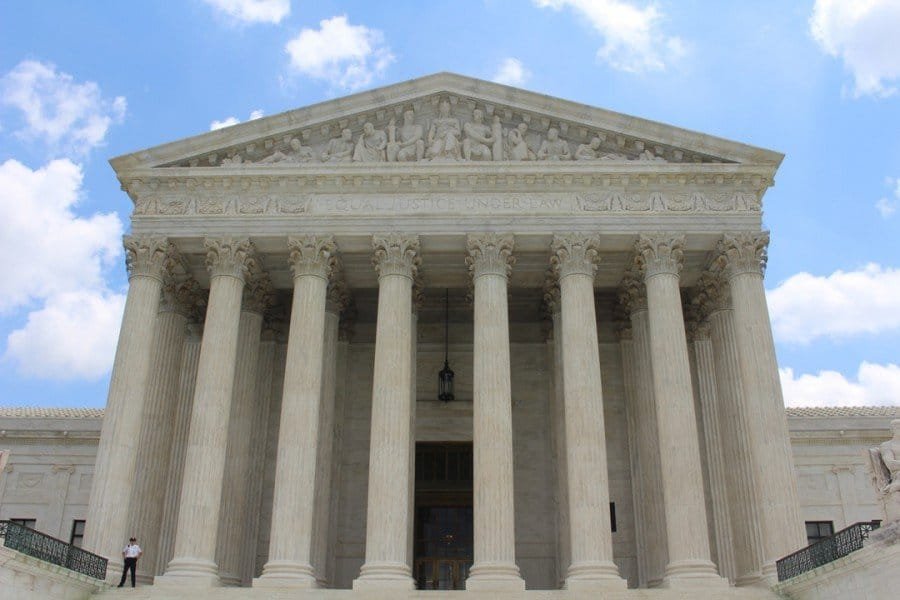On November 8, 1988, the voters of the State of California passed Proposition 103. The Proposition begins with the allegation that “[e]normous increases in the cost of insurance have made it both unaffordable and unavailable to millions of Californians.” It goes on to claim that “[t]he existing laws inadequately protect consumers and allow insurance companies to charge excessive, unjustified and arbitrary rates.”
Under Proposition 103 as passed, every insurance company in California would be required to reduce its rates for automobile insurance to 20% less than those in effect on November 8, 1987. There would be a further 20% “Good Driver Discount.” The insurer would be required
to maintain these rates until November 8, 1989, unless it could demonstrate, in a hearing before the insurance commissioner, that it is substantially threatened with insolvency. Tax rates on the insurance companies would be “adjusted” so that the lowered rates do not result
in reduced revenue to the State.
All automobile insurance rate changes would have to be approved by the commissioner. Of course, the commissioner could not allow a rate that is “excessive, inadequate, [or] unfairly discriminatory.” Proposition 103 states that in making such judgments, “no consideration shall be given to the degree of competition and the Commissioner shall consider whether the rate mathematically reflects the insurance company’s investment income.”
#2 Summer 1989 Page 6
An insurance policy could be cancelled only for nonpayment of premium, fraud or material misrepresentation, or a substantial increase in the hazard insured against.
An “independent, non-profit corporation” would be created to “advocate the interest of insurance consumers in any forum” and would be “operated by individuals who are democratically elected from its membership.”
Peter Schwartz has written that Proposition 103 is “a rabble-rousing assault upon the profits of the insurance industry.” Its net effect is to replace agreements between providers and consumers by edicts of an elected official. It was one of a confusing group of several initiatives presented to the voters last November. The insurance industry spent millions in an ineffectual, anti-intellectual, self-defeating campaign against it. The method used was to offer a competing no-fault initiative allegedly designed to reduce premium rates and to attack “greedy” trial lawyers. With this opposition, Proposition 103 passed without difficulty.
The insurers then attacked the Proposition on constitutional grounds in Calfarm Insurance Company v. Deukmejian. The California Supreme Court rendered its decision on May 4, 1989. It upheld the retroactive rate-controlling provisions and the provision restricting the insurer’s right to refuse to renew, the latter largely on grounds that an insurance company could, if it chose, discontinue doing business in California. (If you don’t like it, get out.) The provision limiting rate adjustments to companies threatened with insolvency and the formation of the consumer-advocacy corporation were found unconstitutional. Finally, the court declined to rule on the question of tax rates, on the basis of the well-worn principle that, in general, the legality of a tax may be questioned in court only after it has been paid.
Calfarm has been (accurately) hailed as a victory for Proposition 103. The opinion adopts every principle that has been used to violate property rights.
The policy embodied in Proposition 103 is spreading. In New Jersey there are two proposals to lower New Jersey’s car insurance rates: one involves a 20 percent rate reduction; the other, a constitutional amendment to push premiums back to their levels of two years ago, and cut them 20 percent from that level.
The results of Proposition 103 are not difficult to predict. Some insurance companies will cease doing business in California, some will spend millions of dollars to influence the commissioner of insurance. The customers, the purported beneficiaries of the Proposition, as well as the insurance companies will pay the price.
Those who supported or voted for the Proposition deserve the consequences. So do the insurance companies. Unfortunately, the price will be paid by the innocent as well as the guilty.
Copyright © The Association for Objective Law. All rights reserved. Republished in Capitalism Magazine by permission of TAFOL.










